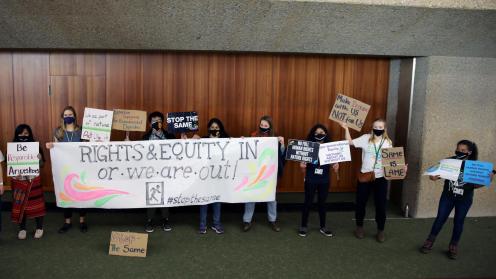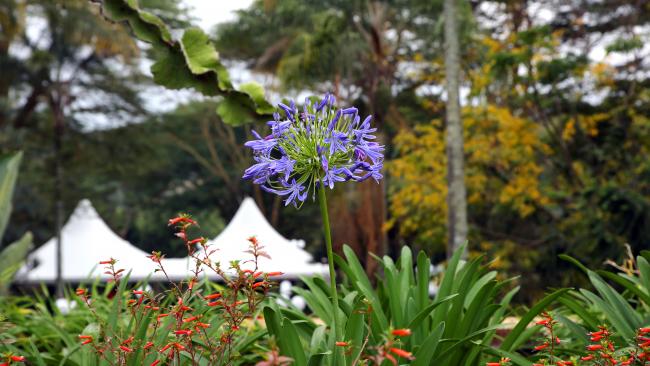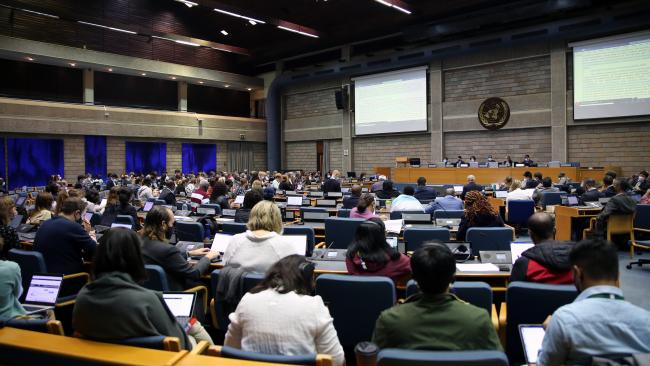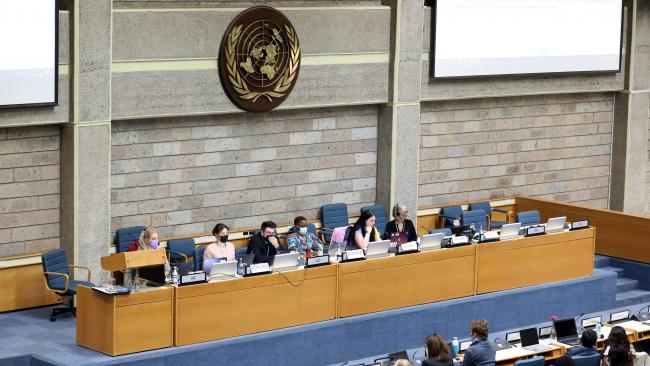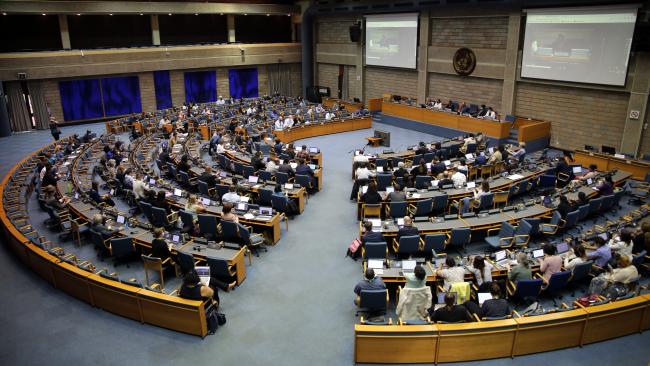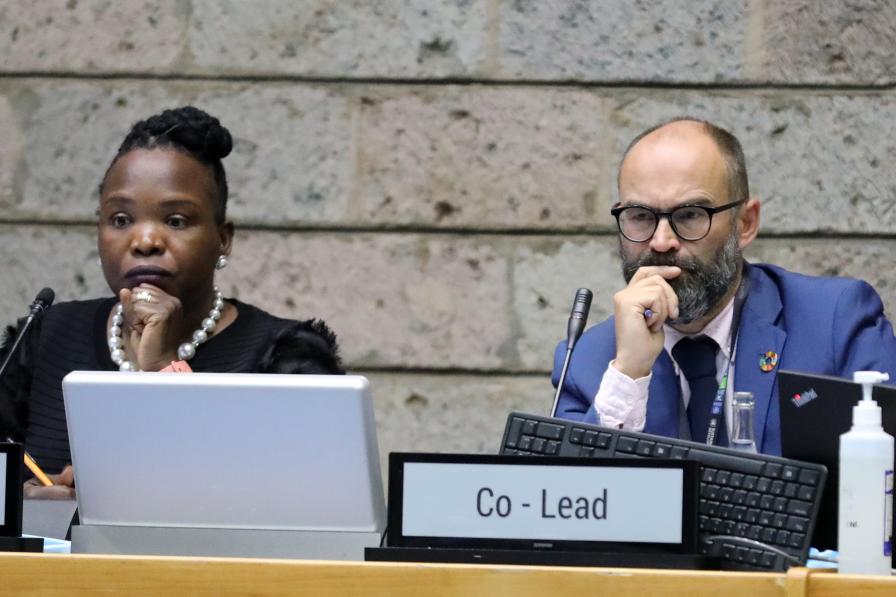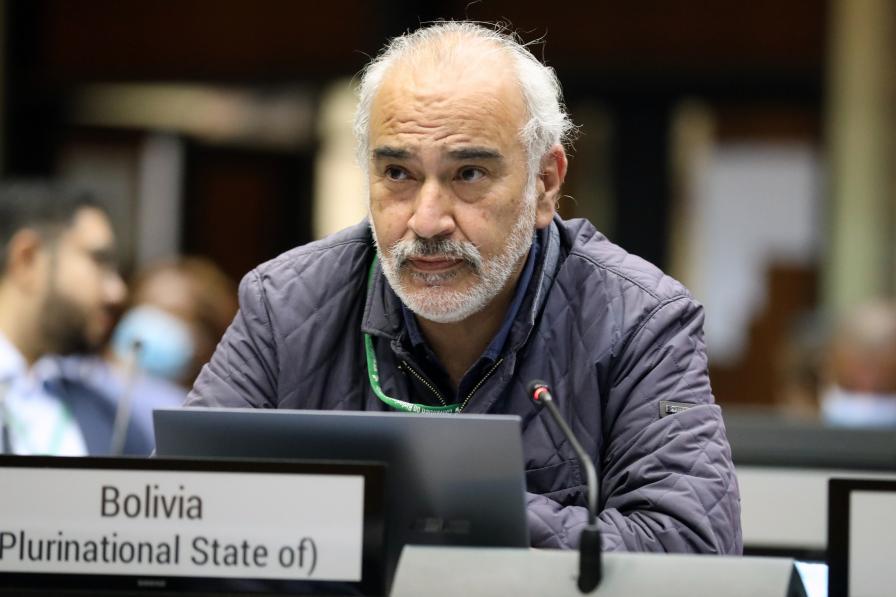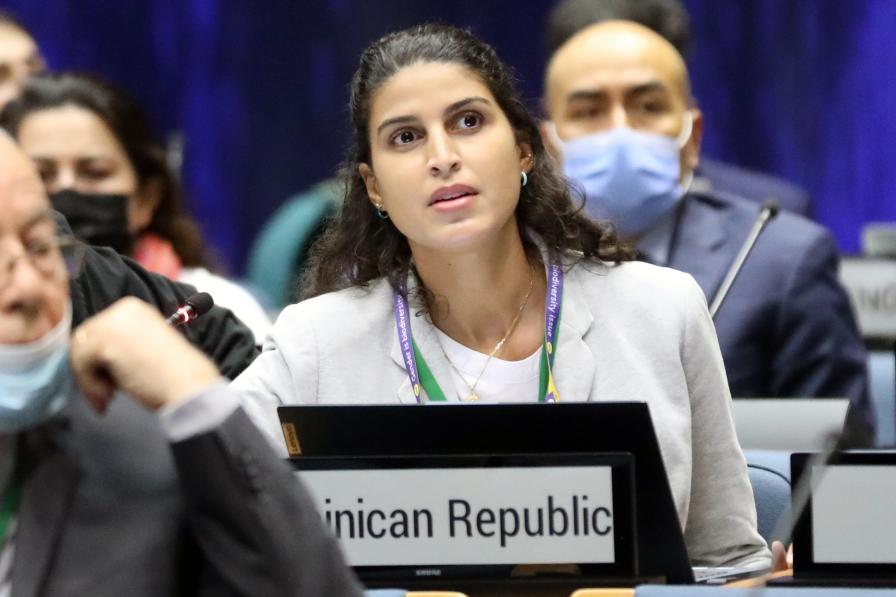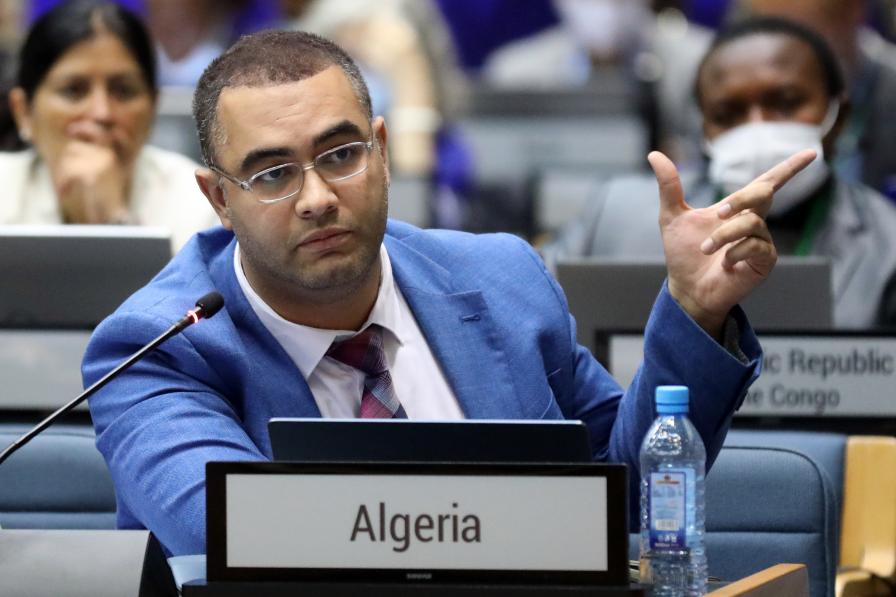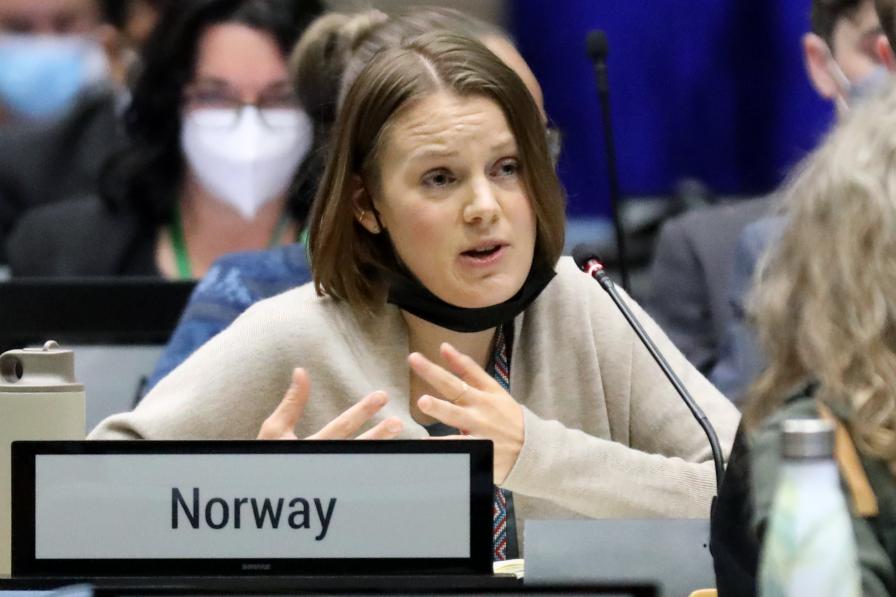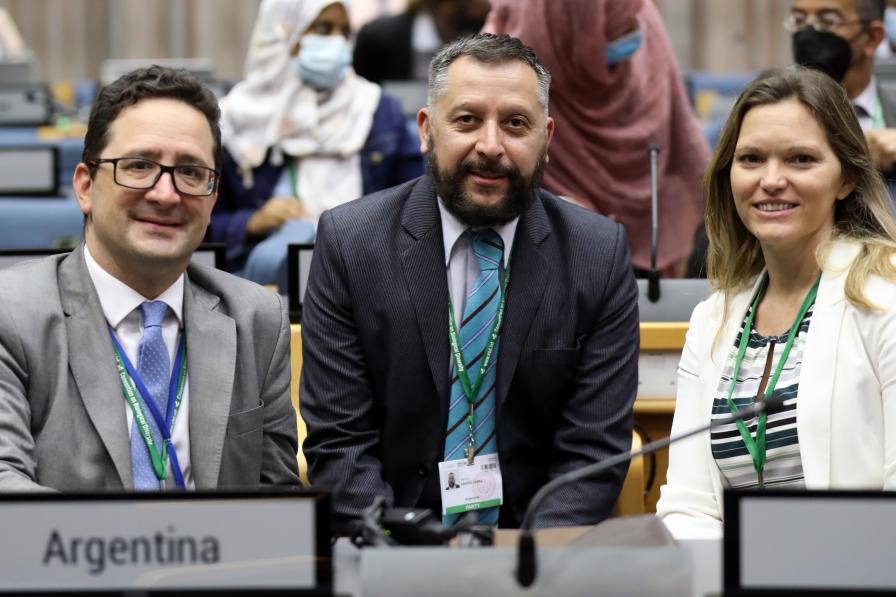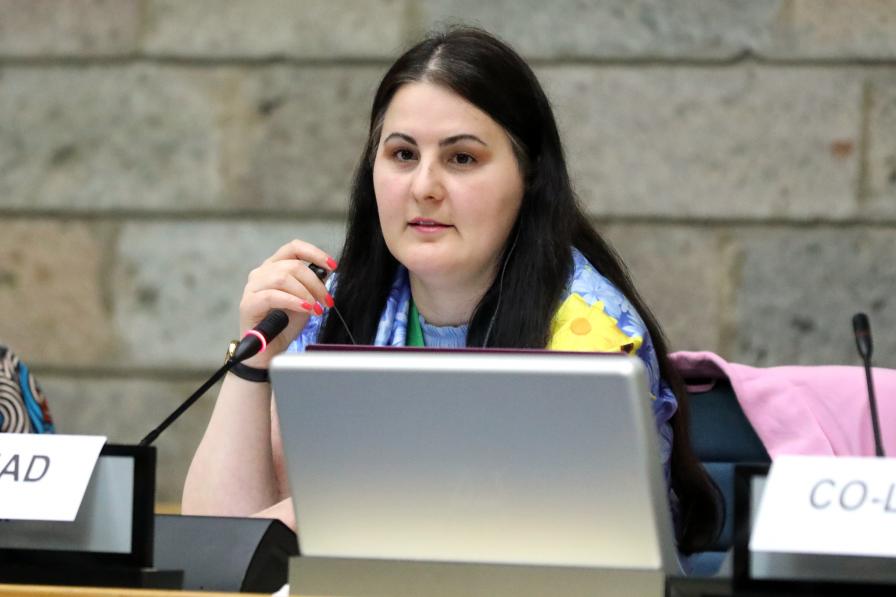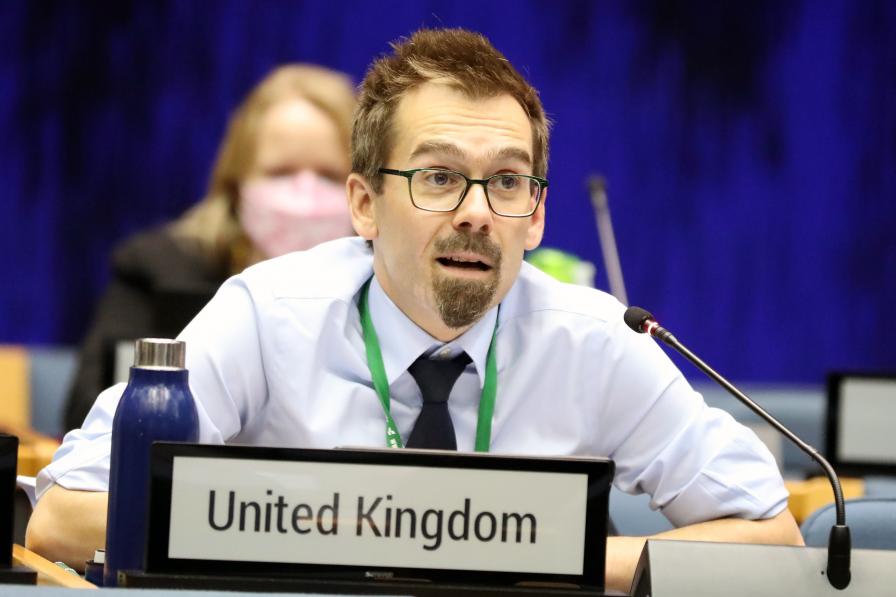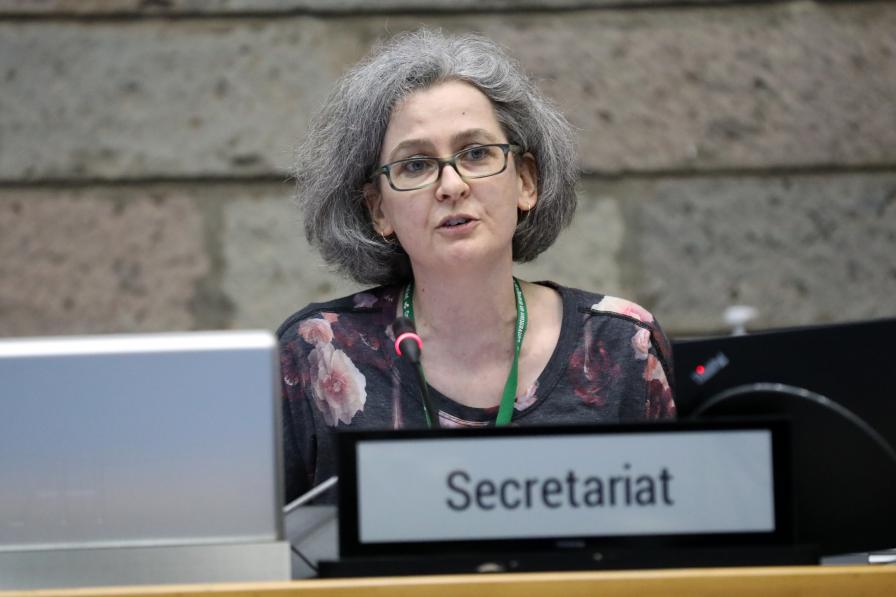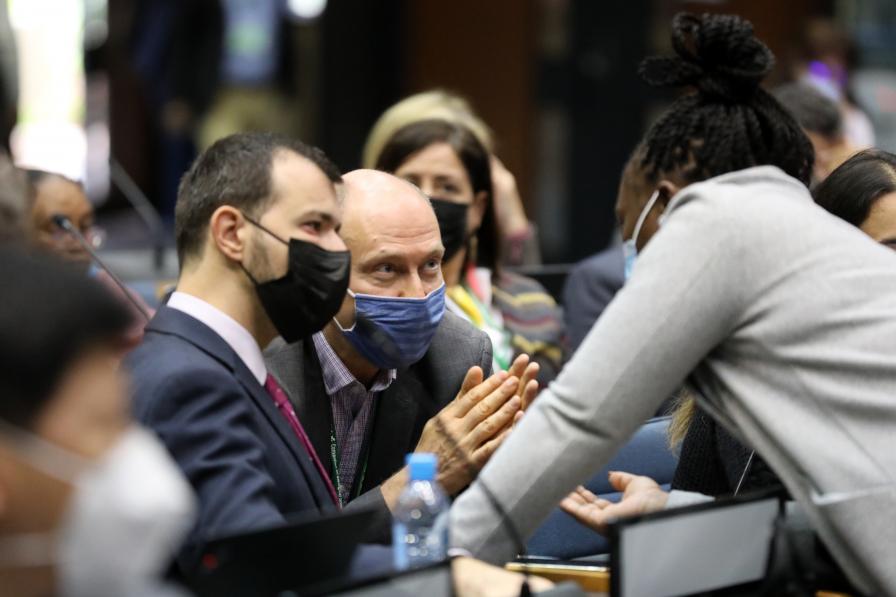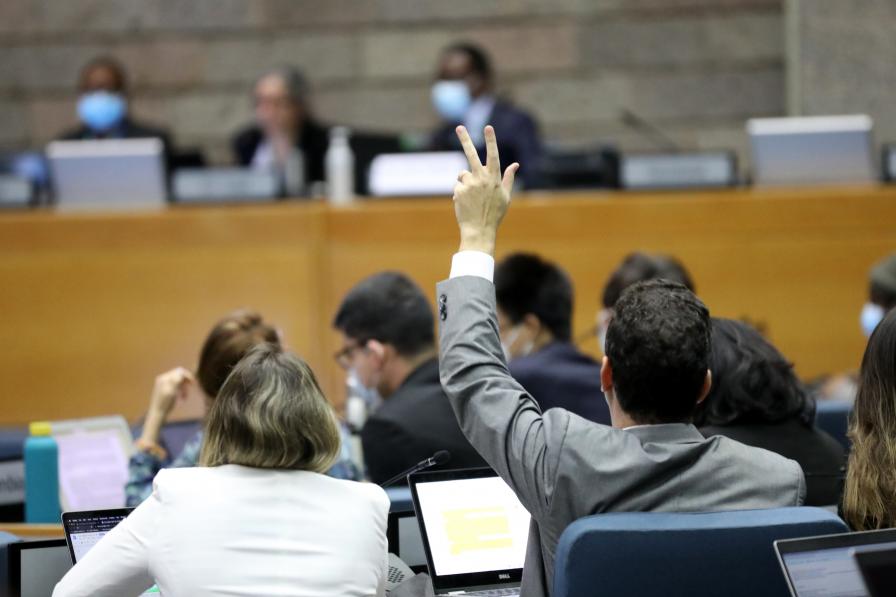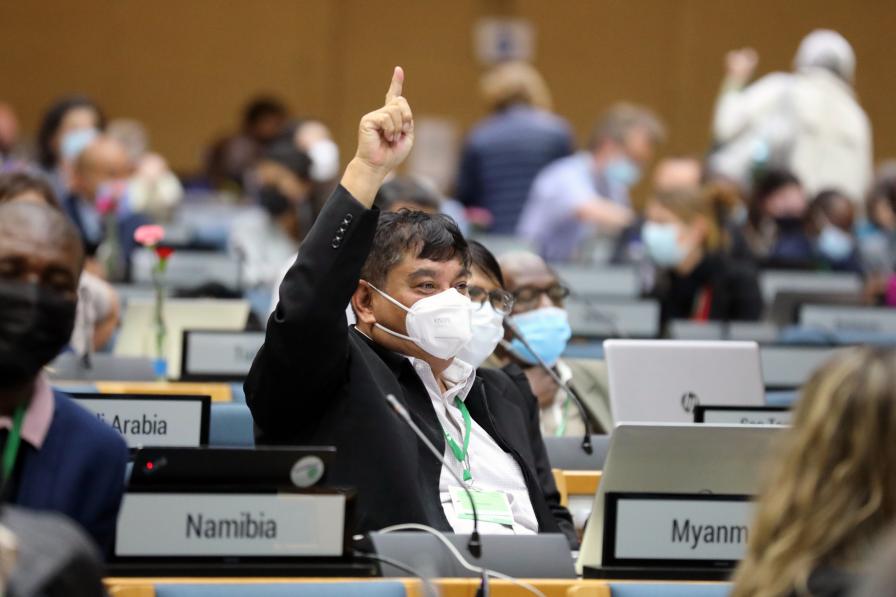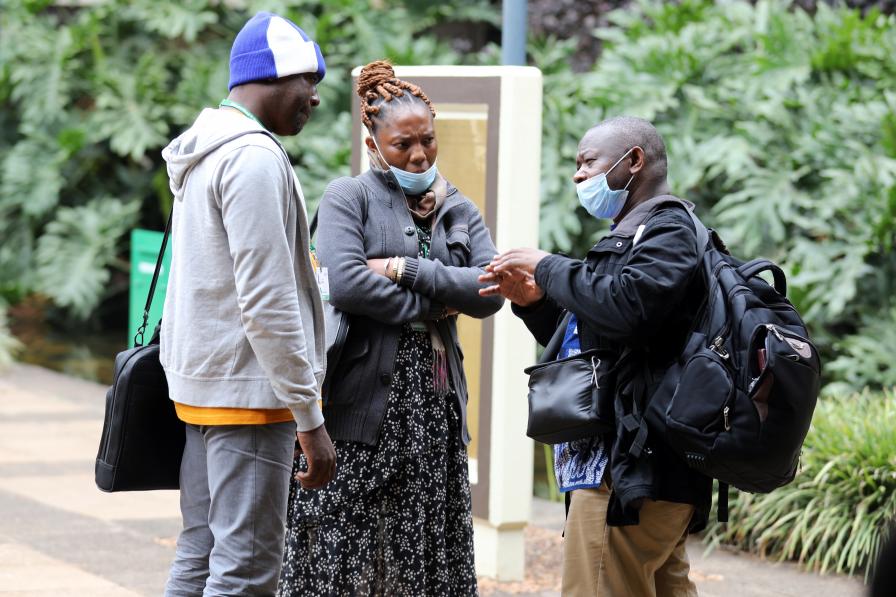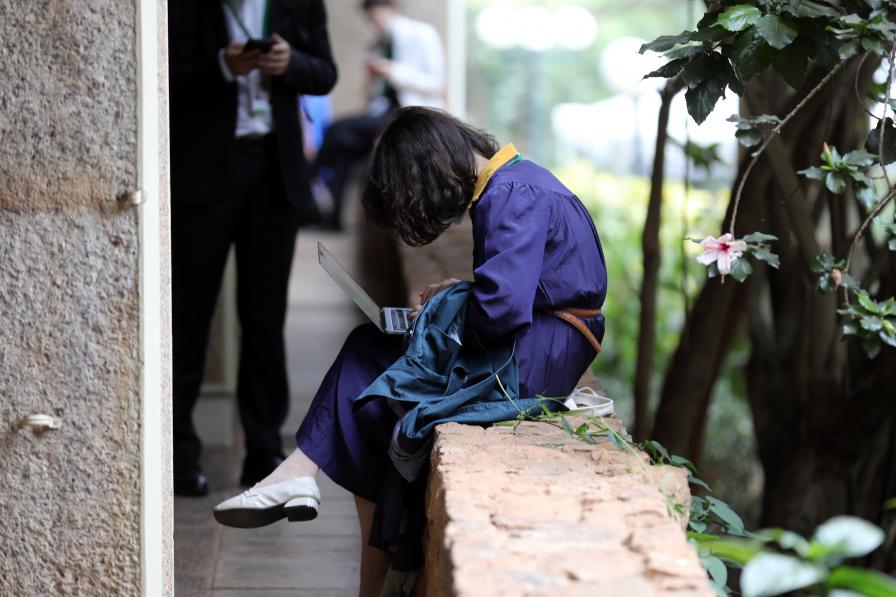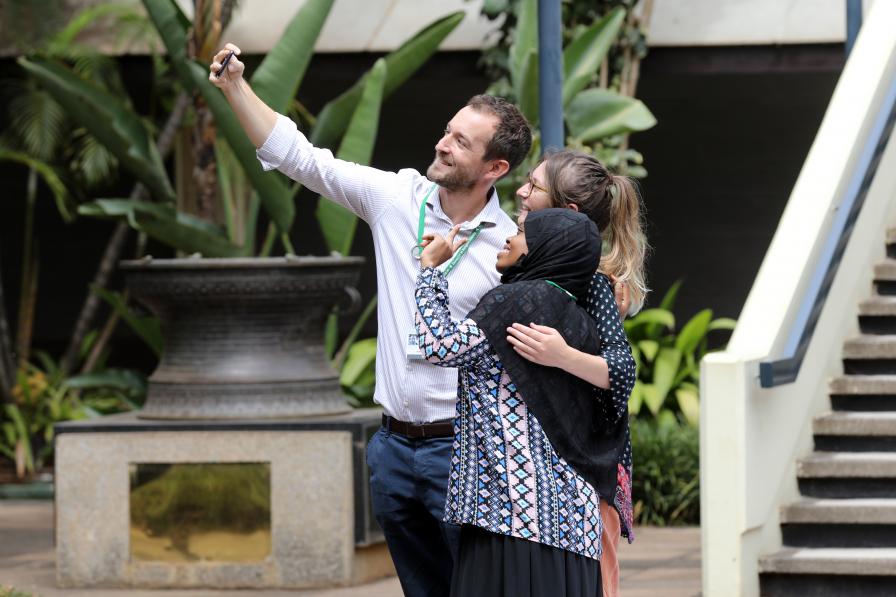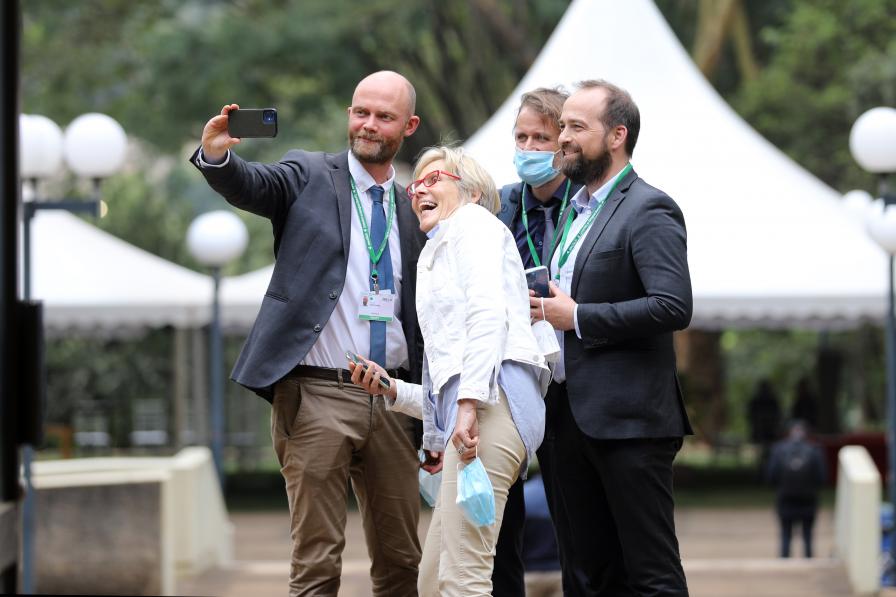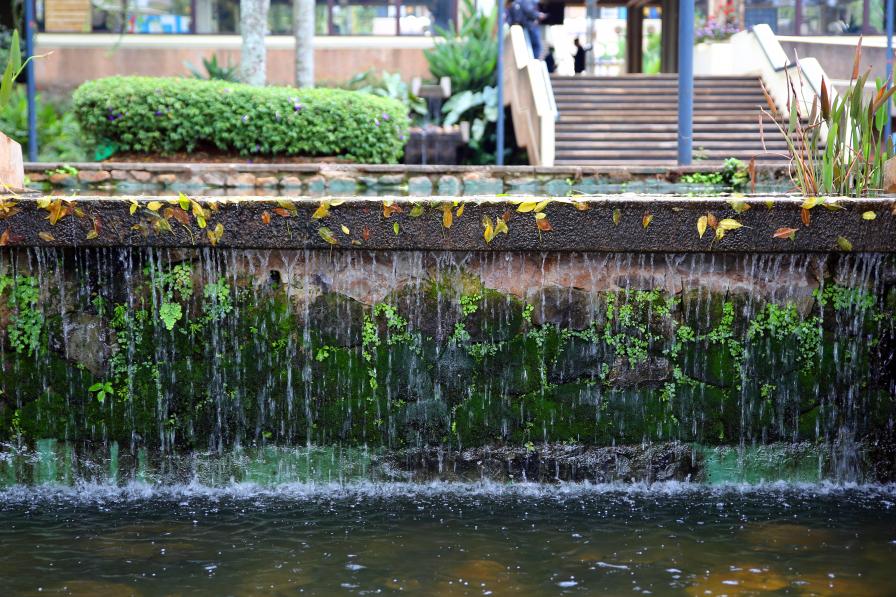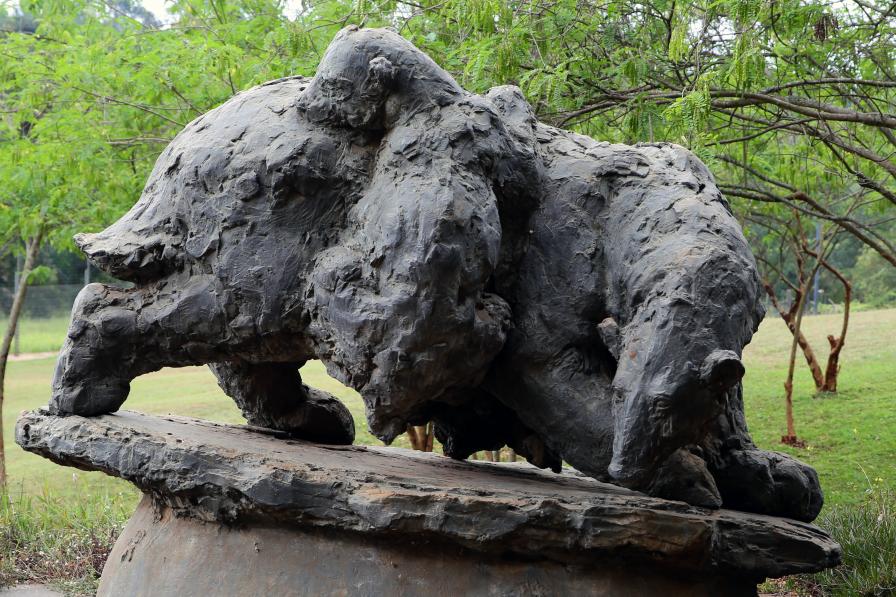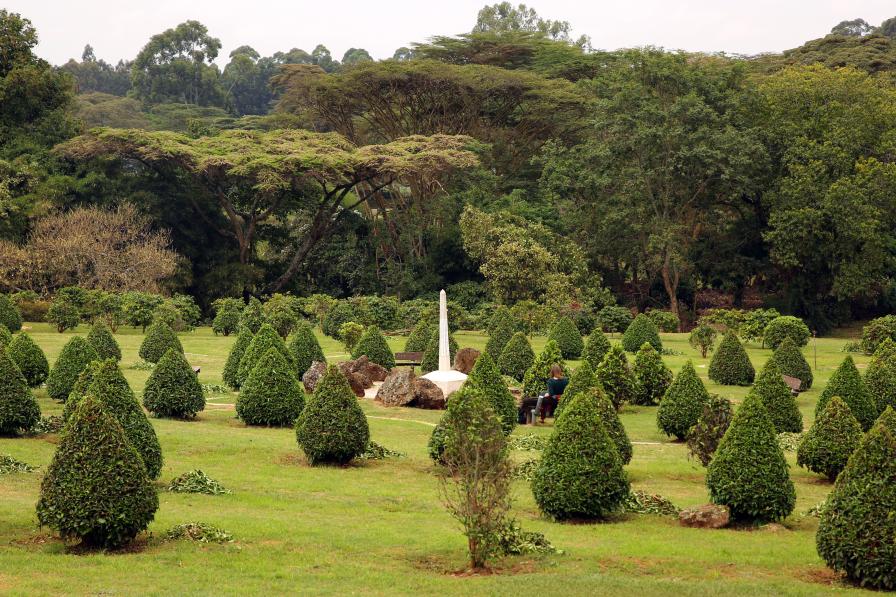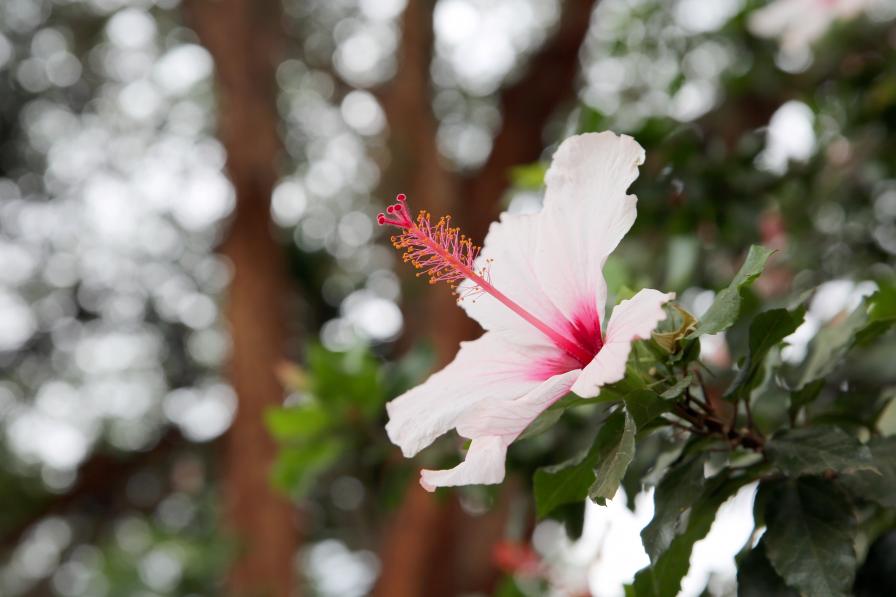The Saturday meeting of the Working Group on the Post-2020 Global Biodiversity Framework (WG2020) marked the journey’s end for contact group deliberations. Five contact groups met throughout the day to resume negotiations of the post-2020 global biodiversity framework (GBF).
In the morning, Contact Group 6, dealing with Sections of the GBF, made progress on the Background (Section A), leaving a few unresolved issues such as whether specific reference should be made to developing, least developed, and small island developing states, as the most impacted by loss of ecosystem functions.
Discussions on the new section on Approaches and Principles (Section B.bis), raised displeasure among some that the section, initially intended to contain explanatory information to make targets more concise, was slowly becoming a “crowded parking zone”. Many argued that substantive issues on responsibilities and transparency, and implementation and support mechanisms “parked” in this section would lose impact and attention. It was agreed that these elements would be retained in the original paragraphs on the respective topic, and an informal discussion concluded this section would revert to its original purpose and receive due attention during intersessional work.
Contact Group 2 on reducing threats to biodiversity co-led by Marie-May Muzungaile (Seychelles) and Carolina Caceres (Canada) met in the afternoon and continued late into the evening. Parties agreed that the target on spatial planning would be negotiated further at 15th Conference of the Parties (COP15). They noted that the composite text contains necessary elements including: equitable participatory spatial planning; minimizing loss; enhancing connectivity and integrity; and maintaining ecosystem services.
On Target 2 on restoration of ecosystems, delegates considered options provided by the co-leads, including on whether to incorporate a wide range of ecosystems, including freshwater, marine, and terrestrial. Some favored the term “inland waters” in order to take into account both freshwater and saline lakes. On the purpose of the target, most delegates proposed a combination of two options provided: to improve ecosystem connectivity and integrity, and to enhance biodiversity and ecosystem functions.
In the afternoon, Contact Group 5 on digital sequence information, co-led by Lactitia Tshitwamulomoni (South Africa) and Gaute Hanssen (Norway), continued its deliberations, addressing a non-paper containing elements of a relevant draft decision and discussing next steps prior to COP15.
Delegates made minor amendments to the non-paper, which was produced by the friends of the co-leads group and approved it for submission to plenary. A conference room paper will be produced for further consideration.
On the way forward, parties discussed future work under the Informal Advisory Group, including consideration of the independent consultant’s work on the assessment of policy options that has been commissioned by the Secretariat. The outcome of the consultant’s work will be available for consideration by the Informal Advisory Group in September 2022.
Parties queried about: potential opportunities for further informal consultations; whether the consultant’s report will be made available to parties; and the consultant’s terms of reference. Delegates suggested areas that should be further analyzed, including on hybrid policy options combining multilateral and bilateral approaches, definition and scope, legal feasibility, and other related mechanisms such as under the International Treaty on Plant Genetic Resources for Food and Agriculture (ITPGRFA).
In addition to Contact Group 2, Contact Group 4 also met in the evening, continuing its work on targets related to implementation and mainstreaming.
The final day of contact group negotiations proceeded in unhurried fashion as many delegates seemed resolved to “pass the buck” of unfinished business to intersessional work and COP15. Divisions on old time divergences continued to cause restrained irritation, and many opined that delegations should take time during the intersessional period to carefully reflect on issues requiring flexibility. It is clear, some said, the next round of negotiations will require a lot of “give and take.”
To receive free coverage of global environmental events delivered to your inbox, subscribe to the ENB Update newsletter.
All ENB photos are free to use with attribution. For the 4th Meeting of the Open-ended Working Group on the Post-2020 Global Biodiversity Framework, please use: Photo by IISD/ENB | Mike Muzurakis.
